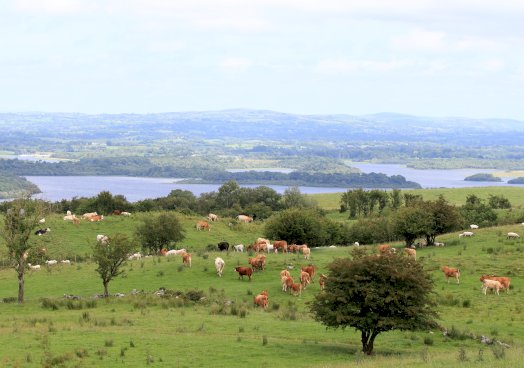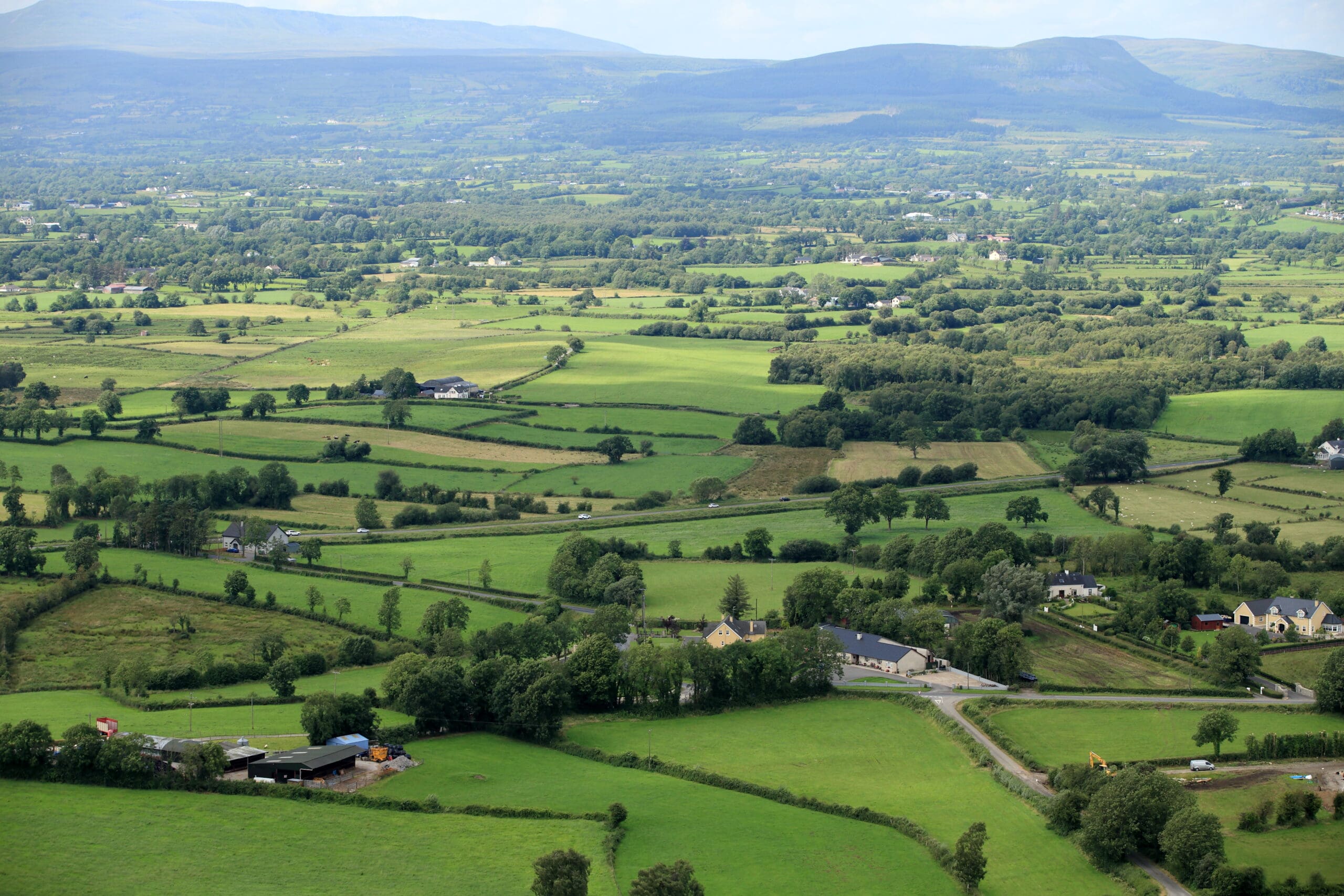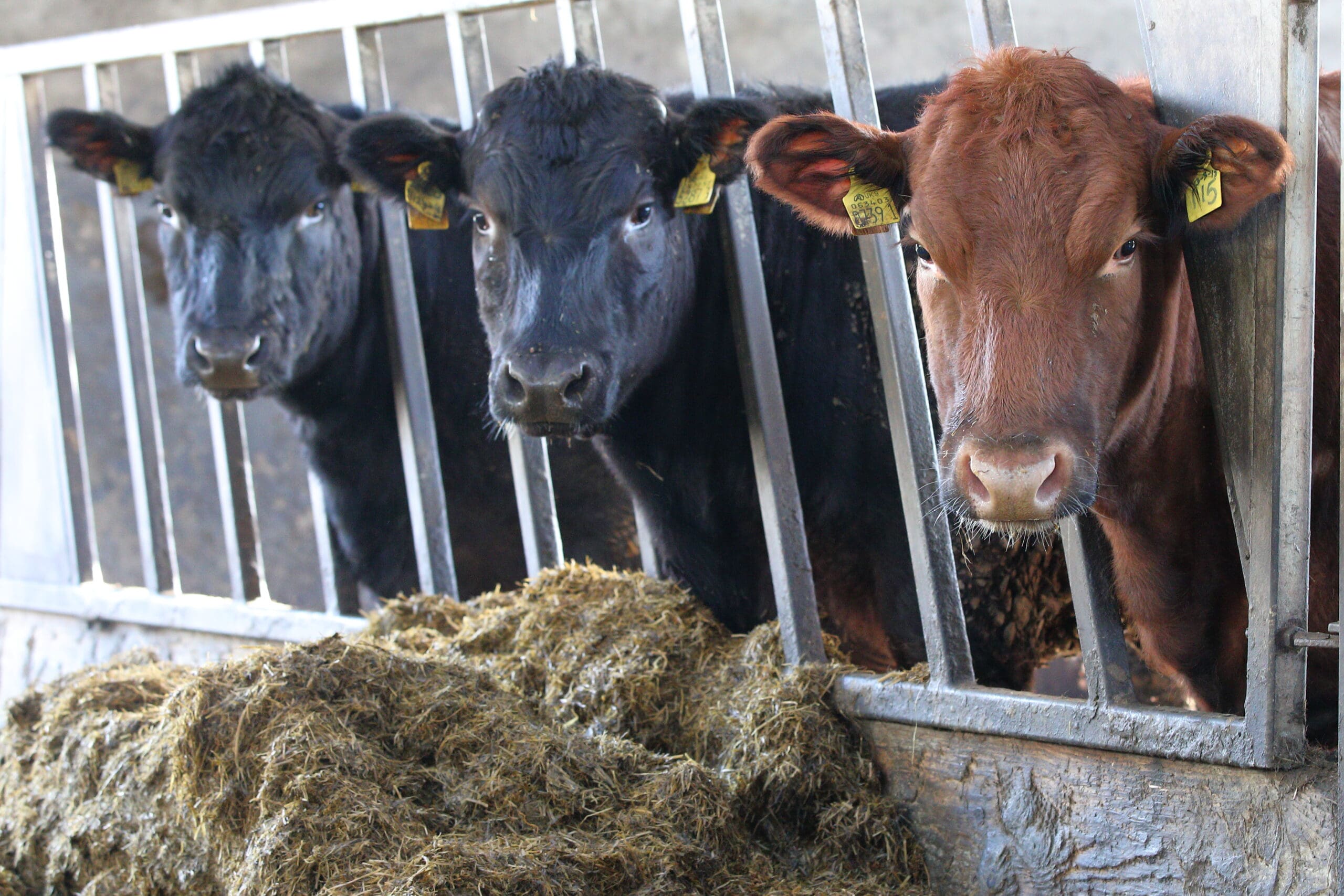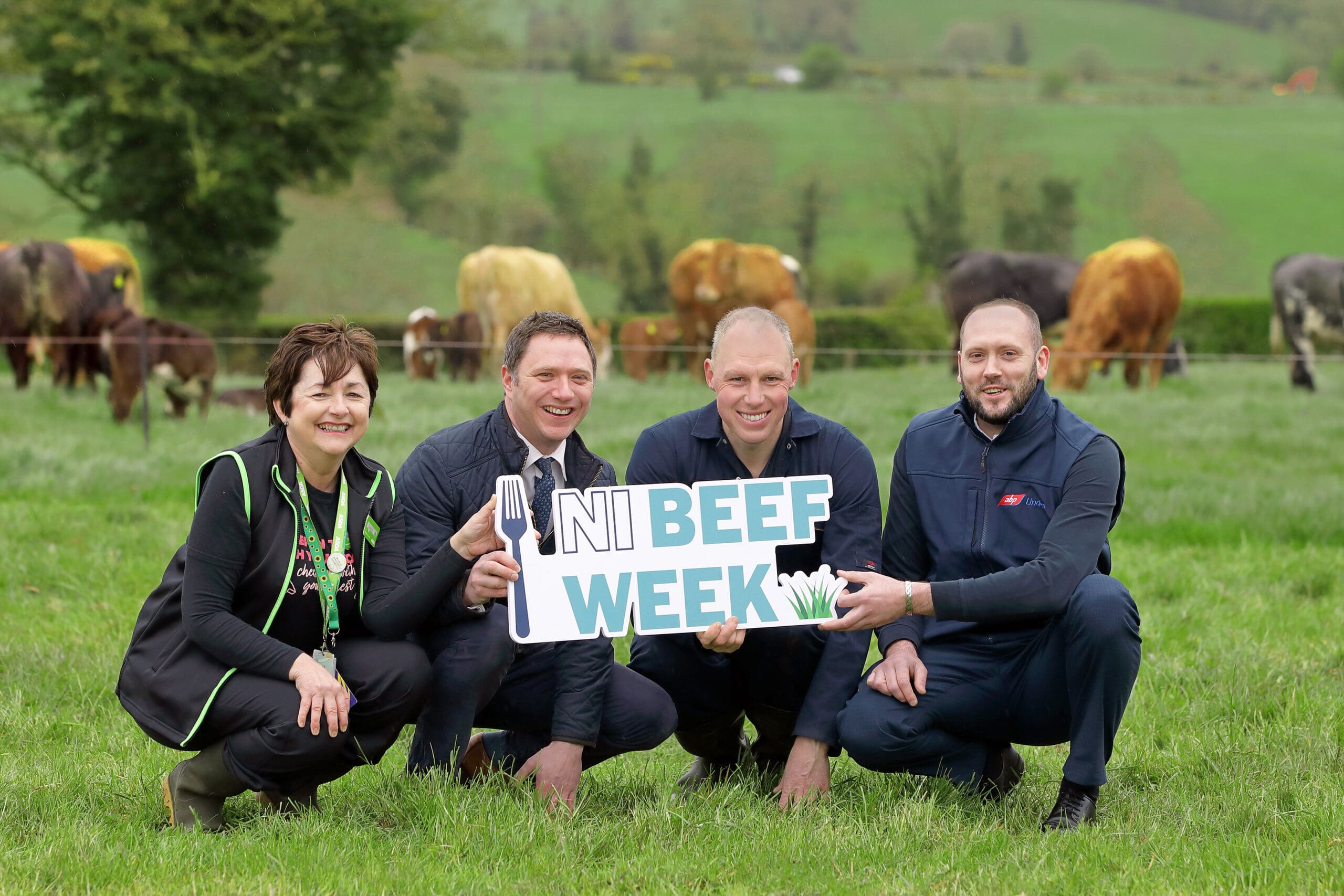
By UFU senior policy officer Aileen Lawson
For the last 12 months, one of the key work areas for the Ulster Farmers’ Union (UFU) has been climate change legislation in Northern Ireland (NI).
At the end of March 2021 Green Party MLA Clare Bailey lodged a climate change Private Member’s Bill. This bill proposes a net zero target of 2045 which following analysis by consultancy firm KPMG, would require an 86 percent reduction in cattle and sheep and 11 percent in pig and poultry in NI, to meet that target which is totally unacceptable. The UFU has fought this bill at every occasion.
Minister Poots brought forward a second climate change bill in the summer, backed by his Executive Minister colleagues, and incorporates targets based on advice from the world-renowned experts in the UK Climate Change Committee (CCC). This bill proposes an 82 percent reduction in greenhouse gas emissions in NI which is calculated to be NI’s fair share to help the UK meet net zero by 2050 in line with its Paris climate commitments. It also recognises the importance of the agri-food sector to the NI economy and the risk of off-shoring our emissions while importing food (carbon leakage) if a more stringent target was adopted,
The UFU is fully behind the need to address global warming and to reduce emissions in NI and the need for fair and credible climate change legislation. Agriculture is committed to playing its part and contributing to a fair share of emissions reductions and this will require changes. However, any targets for NI must be based on credible expert led advice and not plucked out of the air.
Our politicians must note that feeding an increasing world population will also be a significant challenge in the years ahead. The Paris Agreement on climate change recognised the importance of “safeguarding food security and ending hunger, and the particular vulnerabilities of food production systems to the adverse impact of climate change”. By 2050, agricultural production must increase by 60 percent globally to meet food demand alone. However, this is from an ever-decreasing area of land. Across the world, agricultural zones are disappearing in favour of development, reducing land for food production will be exacerbated further by a changing climate. NI is well placed to produce food from farms with high animal health and welfare and environmental standards. For example, beef production in Western Europe is currently 2.5 times more efficient in managing carbon emissions than the global average. There is still room for improvement, and with the right legislation, new technologies, funding, support and commitments to research, NI agriculture will continue to evolve and improve its sustainability.
The UFU, in conjunction with other organisations in the agri-food sector, have been actively lobbying MLAs on this issue throughout the past year. This has included countless meetings with political parties, giving evidence to the AERA Committee on a number of occasions and more recently, holding meetings for local farmers and MLAs on farms in every NI Assembly constituency. At these, farmers were able to highlight some of the good work already being done to tackle climate change and have in-depth discussions about the proposed climate change legislation. Our members made it very clear that MLAs need to follow the expert led advice on targets from the Climate Change Committee and reject the unacceptable targets within Clare Bailey’s Private Member’s Bill.
Both bills have now finished the committee stage at Stormont and progress to consideration stage for wider scrutiny within the Assembly. The Executive Climate Change No. 2 Bill will come first to the floor on 1 February when MLAs will debate and vote on each clause of the proposed legislation. It is hoped that if this bill progresses, the Clare Bailey bill will time out as the Assembly comes to the end of its mandate. However, there is a concern that some MLAs will try and amend the targets in the Executive Bill and move it away from the expert advice to the detriment of the agri-food sector.
It is vital that farmers continue to raise concerns as coming to this point in the legislative process. Once again, the UFU is asking members to contact their local politicians directly and make their voices heard before the next debate on 1 February. The UFU will be emailing more information to members and local offices in the coming days. If anyone has any queries, they should contact UFU headquarters for further information.




